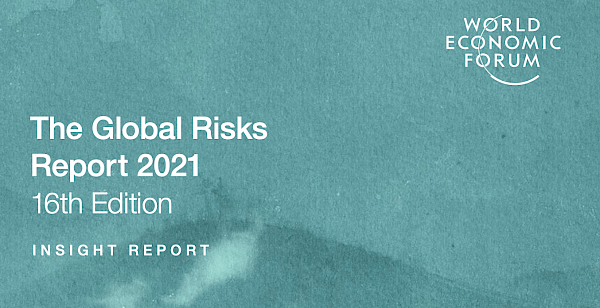Episode transcript The transcript is generated automatically by Podscribe, Sonix, Otter and other electronic transcription services.
Ricardo (4s):
Ricardo (47s):
Ricardo (1m 28s):
Ricardo (2m 21s):
Ricardo (3m 4s):
Ricardo (3m 48s):
Ricardo (4m 31s):
Ricardo (5m 16s):
Ricardo (5m 56s):

